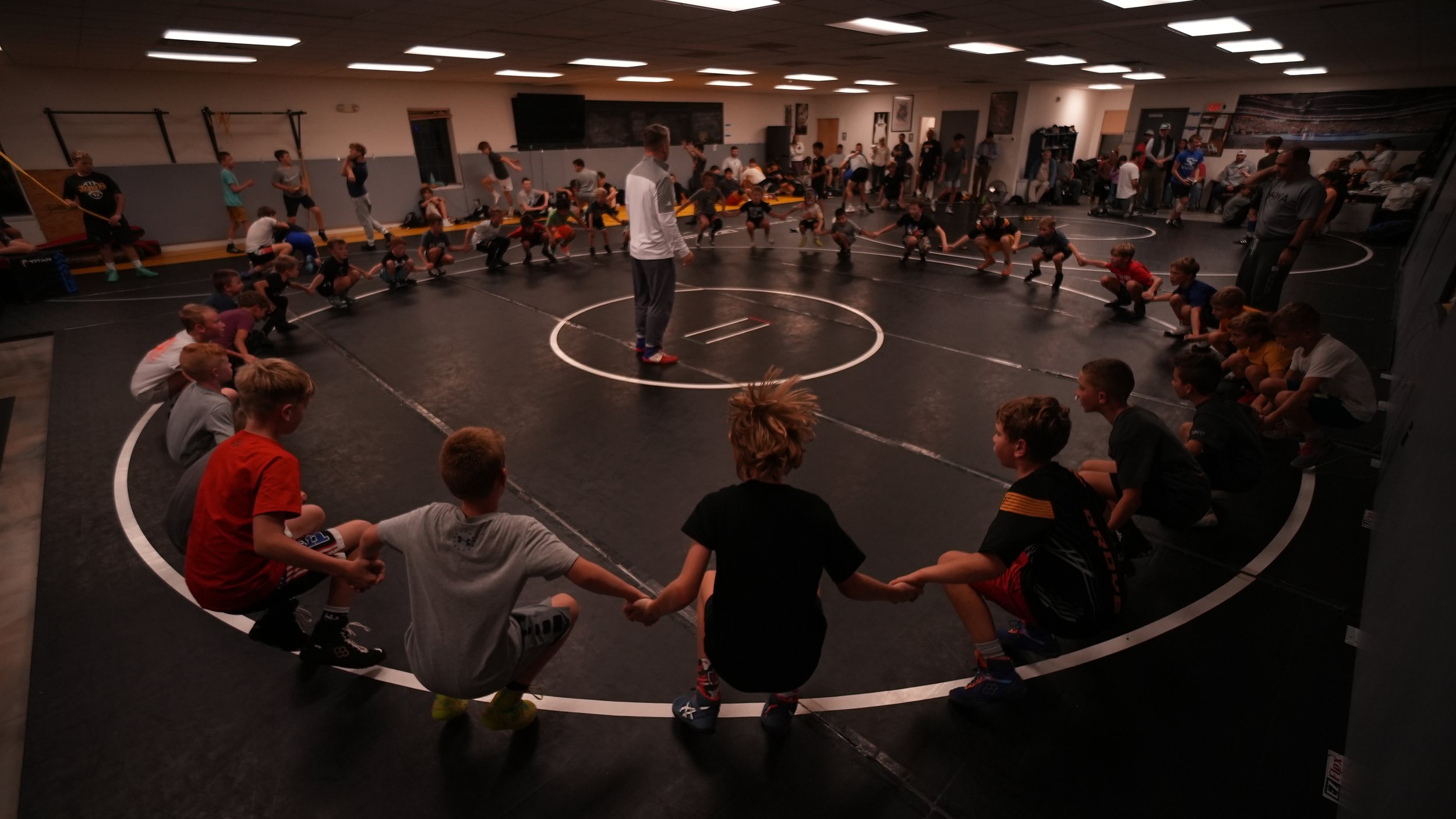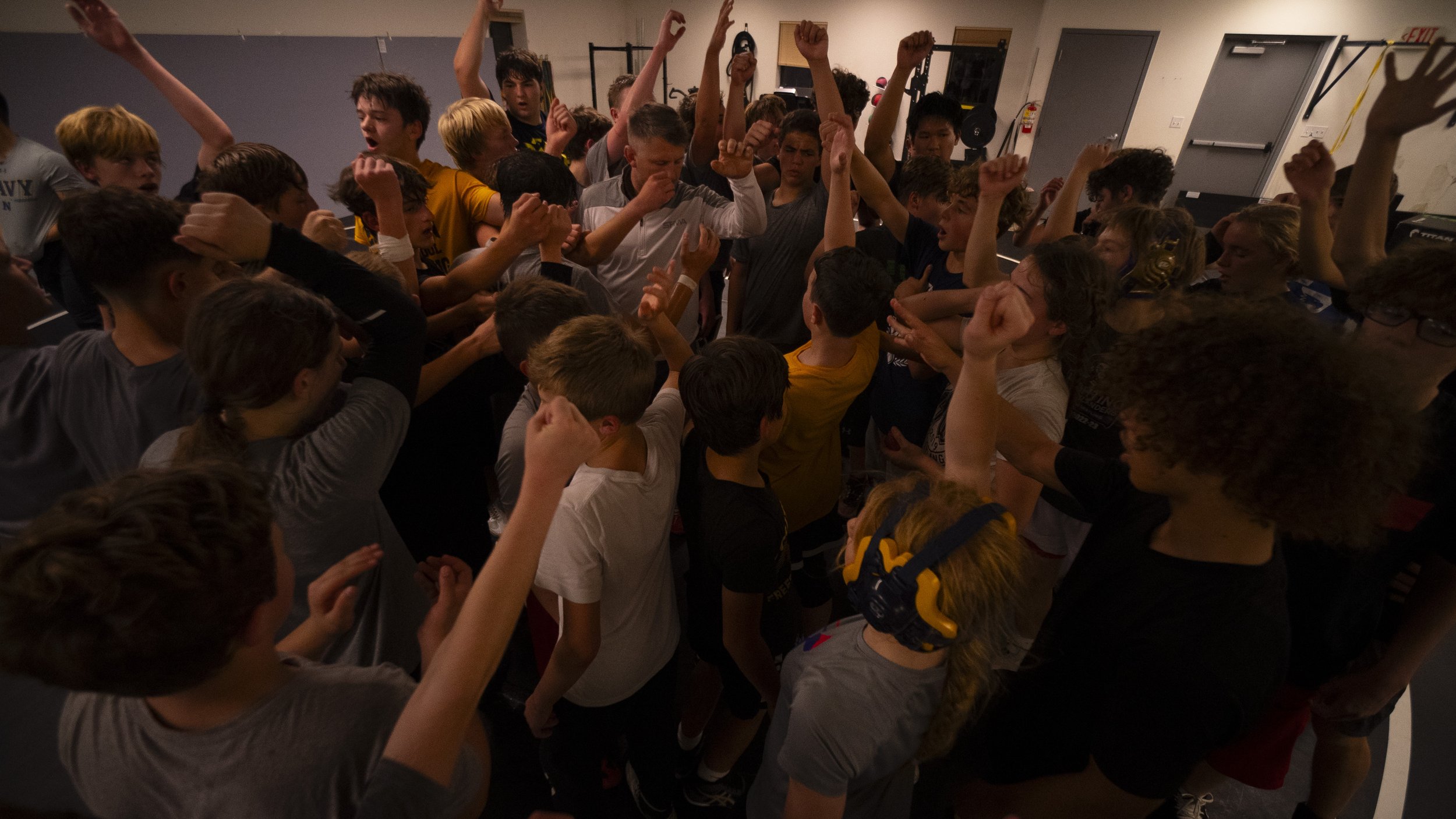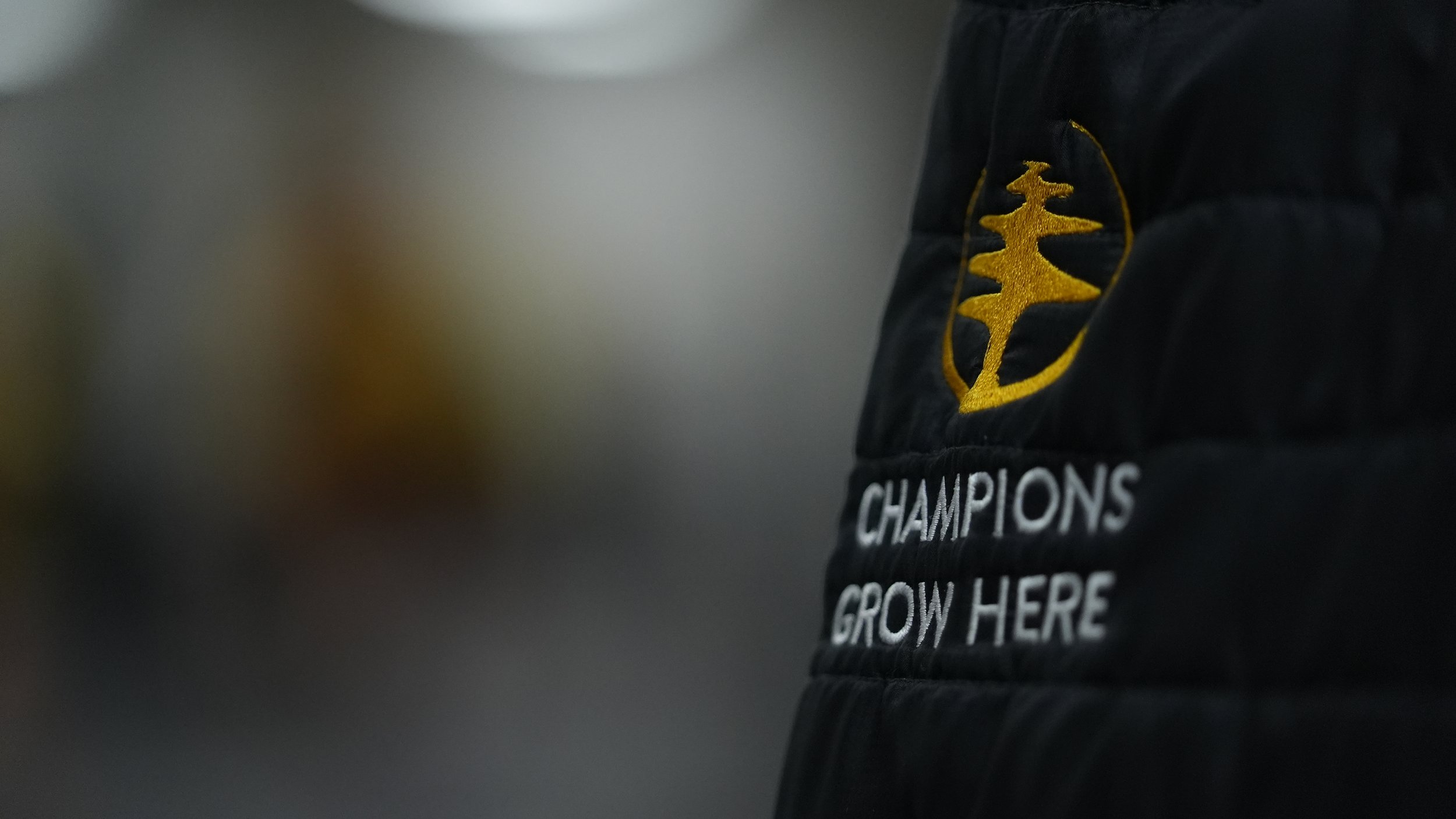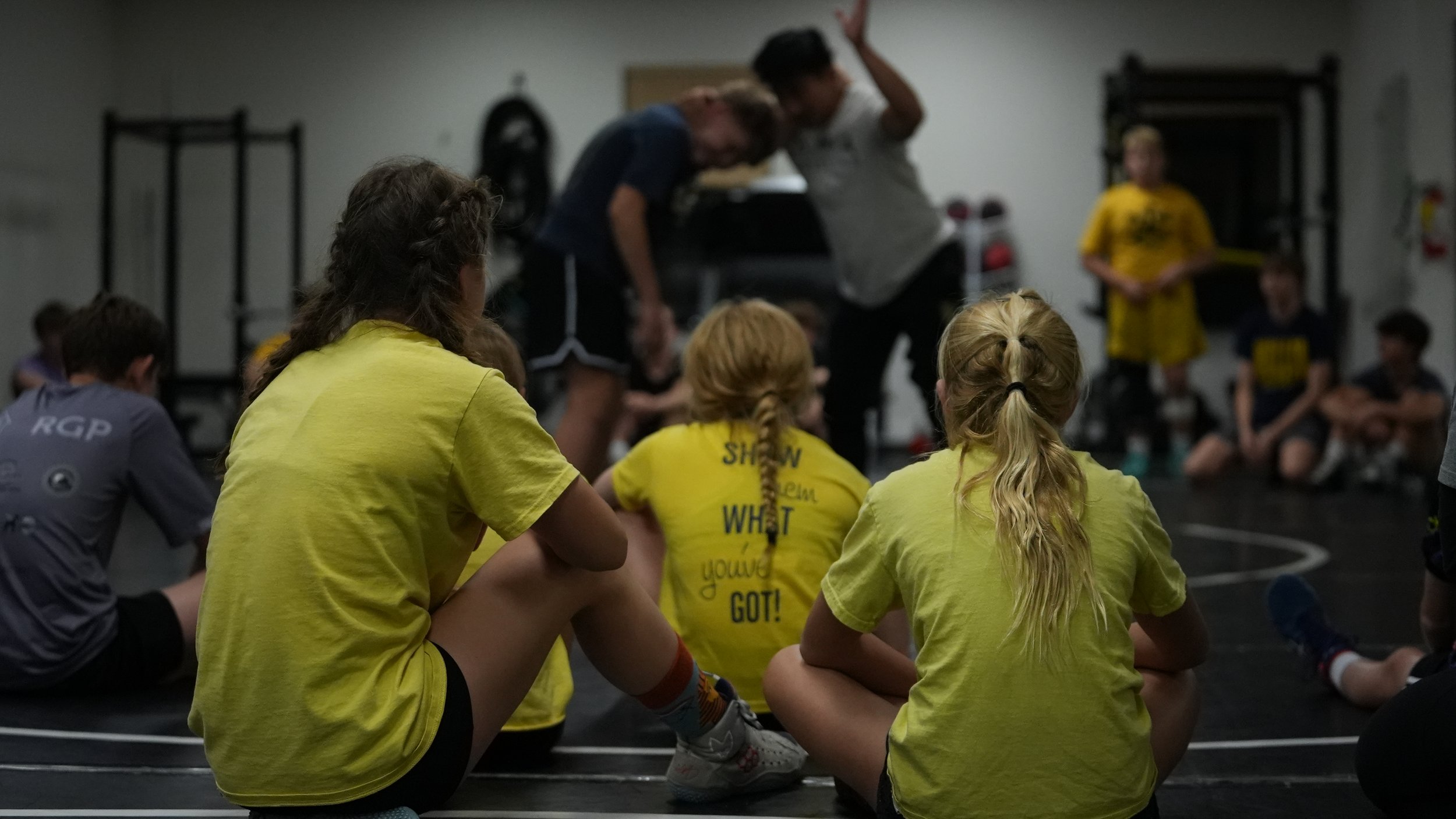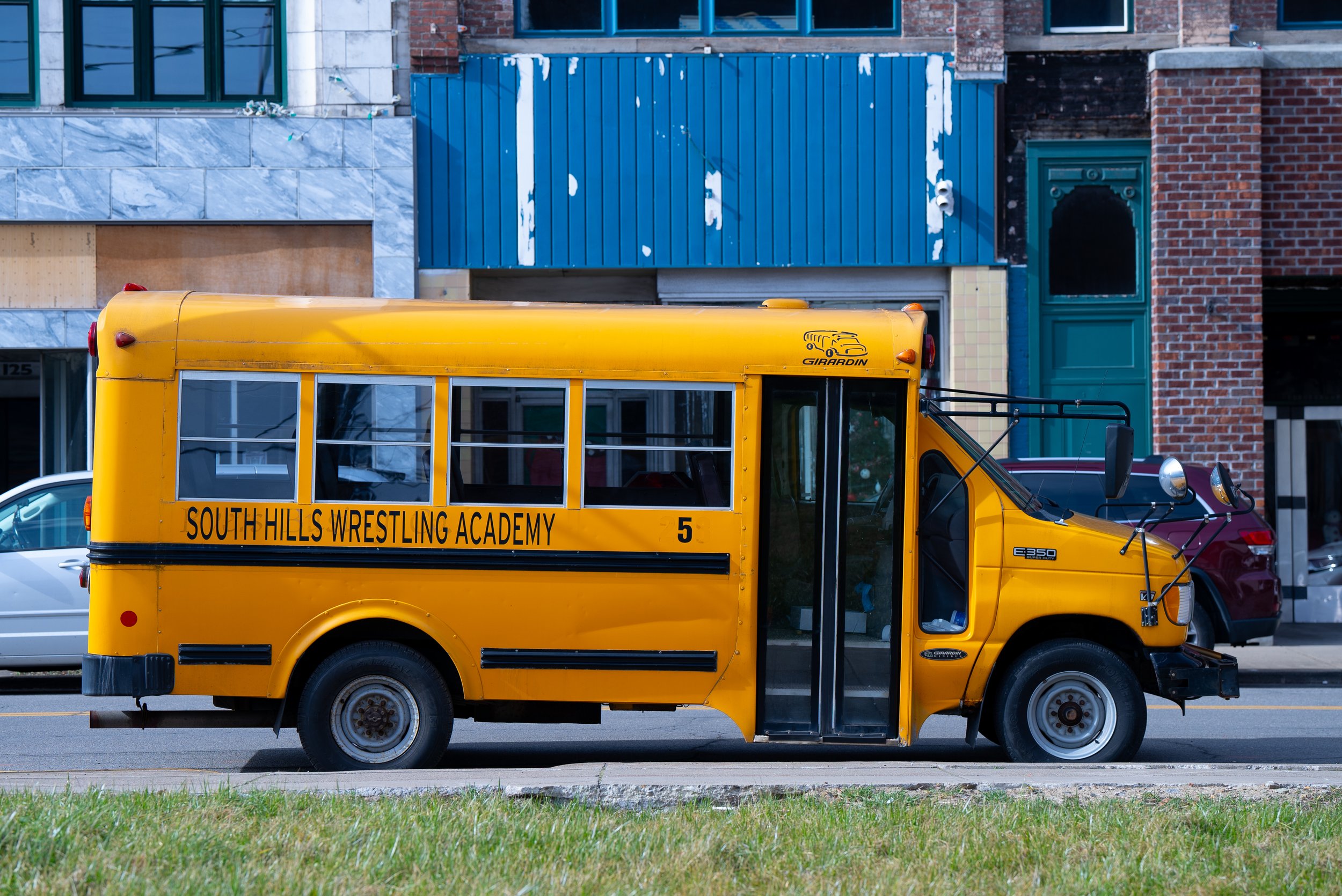
Think Big. Say Yes. Do Extra. Seek Competition
Mission. Values. Philosophy
About
Purpose
Change Lives
Create the Best Childhood Possible
Build Champions
Make Club Wrestling More Accessible and Inclusive
To provide wrestling and strength training to supplement community/school programs by uniting wrestlers from different schools who have the desire and capacity for more. Through focused training partners, an elite coaching system, and a positive environment, we strive to give wrestlers the necessary skills to compete at a state and national level while understanding that wrestling is a sport, and only part of the total person.
Supplemental to Community Programs
A rising tide raises all ships.
We understand that the community/school programs are the lifeblood of our wrestling ecosystem. SHWA operates to enhance what the community programs in the South Hills and beyond offer by providing an opportunity for wrestlers to further their training. SHWA offers additional training pre-season, in-season, and post-season.
Who
The South Hills Wrestling Academy offers programs for kids from pre-K through 12 grade, beginners to advanced. We strive to offer developmental programs as well as programs designed to push kids to be able to compete at a state and national level.
Tree Logo
The tree represents growth and strength. We want to focus on improvement over results. Athletes should be fierce competitors while focusing on effort, learning, being courageous, and scoring points. You cannot always control your opponent or the outcome, but you can control the process of improvement. Goals help motivate us, but more important than goals are the actions we take along the journey to achieve the goal. Those actions, and the process of self improvement, will stick with these kids beyond the boundary of sport. Goals should not be the only reason for doing something. What if you do not hit the goal? What if you do hit the goal? Are you satisfied - are you done or do you find a new goal? Performance goals are fleeting and can add a lot of stress and pressure to kids if they are the end all be all. Focus on always improving, in practice and in competition (another form of practice), find joy in the work, and the process will add up to success.
The Cedar tree pays homage to SHWA’s original location in the church on Cedar Blvd. in Mt. Lebanon.
Wrestling: a catalyst for growth
People can learn a lot from wrestling, but wrestling in itself does not always teach the lessons. Wrestling opens the door for the lessons to be taught and realized by athletes, coaches, parents and teammates. For the athlete, winning and achieving goals can be very important. As a coach, those goals are the carrot we dangle in front of the athlete to teach the bigger lessons. Through physical challenges, competition, high standards, and goals, we strive to instill traits such as resilience, discipline, respect, effort, and an overall growth mindset.
Positive
There is no place for negative coaching in youth, or any, sports. Remember, all kids want to win. We certainly want accountability and a standard of excellence, but with a feeling of encouragement. We as coaches have the opportunity to help form the voice in the athlete’s head and promote positive self-talk. If we use negative words or even a negative tone, there is a better chance the athlete will feel frustrated, lose hope or allow doubt to overcome them. We want to use encouraging language to help them stay in the moment and focused on the task. Believing in a kid is the most important thing we can do as a coach. Most kids do not start out truly thinking they can be a state champ; someone they trust keeps telling them they can and shows them the way until they start to believe it themselves. We want to encourage and foster risk taking, intrinsic motivation, self-confidence, and ultimately a life-long passion for the sport of wrestling. Not all productive work has to be a “grind”. Hard work does not have to be a burden. Wrestling is fun! Learning, improving, accomplishment, overcoming challenges, and feeling prideful are all rewarding things that the sport of wrestling provides an amazing and unique platform for. By promoting a “want to” versus a “have to” mentality, we want kids to feel that their participation, and their success, is their choice. Kids should take pride in their commitment and work, understanding the reward of delayed gratification and knowing that whether or not they fully accomplish their goals, the journey was actually the reward.

